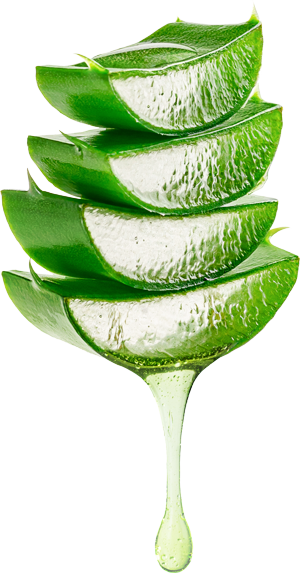Aloe Vera In Toilet Paper and Facial Tissues
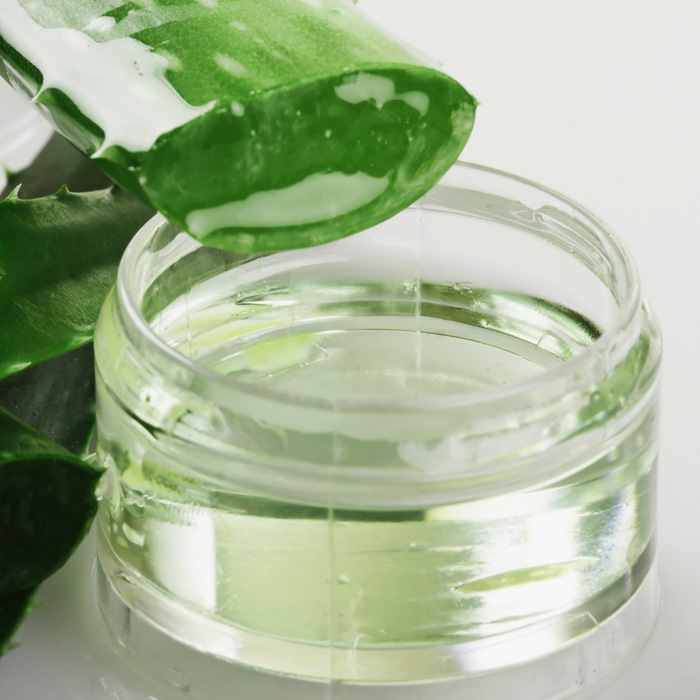
Aloe vera is a natural moisturizer that has a deep penetrating effect on the skin. It is hydrating but not greasy, making it perfect for those with dry skin. Aloe vera contains humectants, which are substances that attract water from the air or from deeper inside the skin, making it especially beneficial for dry skin. Aloe vera is also full of amino acids, enzymes, and minerals like calcium and magnesium that contribute to youthful, vibrant skin. It is a rich source of vitamins, phytonutrients, and antioxidants, which help protect the skin. Aloe vera has anti-inflammatory, moisturizing, antibacterial, and antiviral properties, making it a popular ingredient in skincare products. It is gentle and calming, making it a great natural remedy for sunburns. Aloe vera can be found in various skincare products, including bar soap, body wash, and moisturizing creams.
If you have any questions related to this or another topic, please do not hesitate to contact us at
Share it on:
Latest News
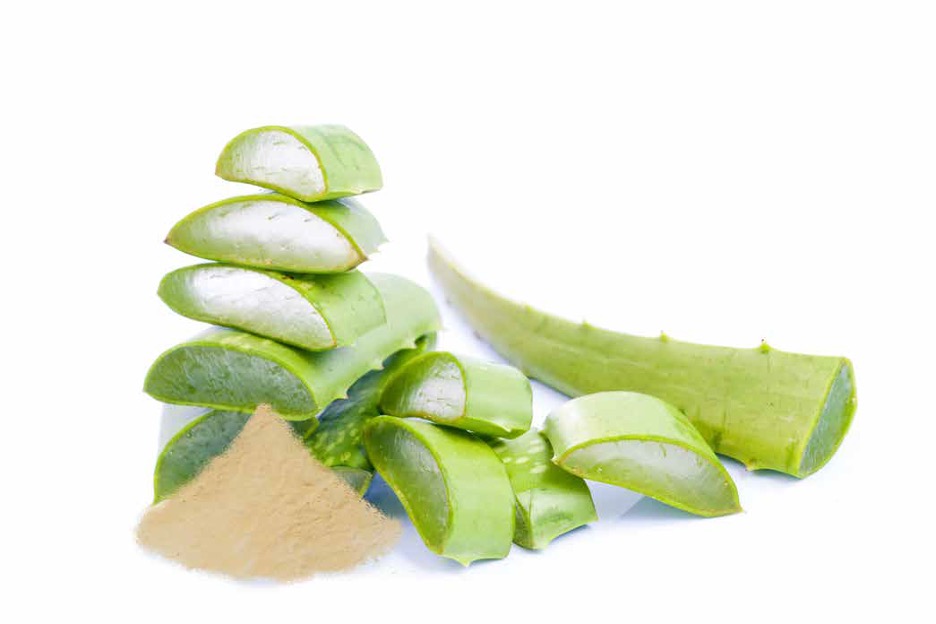
Aloe vera in Animal Nutrition
Aloe Vera is perhaps the most versatile plant on earth. Packed with vitamins, minerals, polysaccharides, phytosterols, antioxidants, and amino acids, this one plant is as effective for internal concerns as external ones.
For that reason AMB Wellness and Aloe Natural Solution supply Aloe Vera raw materials in bulk, with great success through its global network.
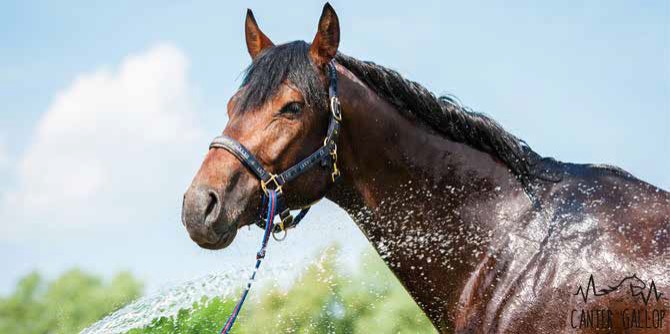
Aloe vera and Horse Grooming
Aloe Vera is great for increasing tissue suppleness by binding moisture to the skin. Equine eczema and psoriasis sufferers benefit greatly from Aloe Vera used internally and topically. Aloe has a balancing effect on the skin – it promotes healthy tissue growth and removal of dead skin – by stimulating the normal growth of living cells. It provides maximum penetration to protect against dryness and cracking.
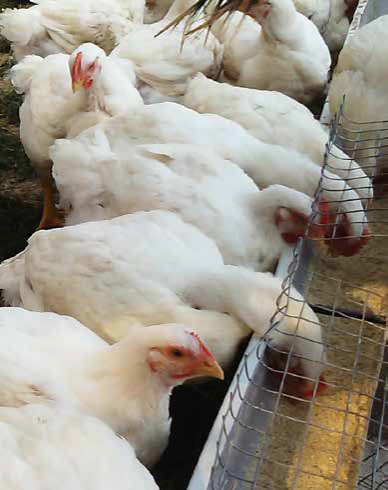
Aloe vera in chicken and broiler nutrition for enhanced meat production
In the poultry industry, birds are maintained in confinement systems and large flocks to achieve higher economic returns. In such a situation, birds are exposed to stress and inducing factors such as high population, vaccination, and temperature changes. The intestinal microflora is influenced, and sometimes imbalanced, by these factors, leading to deteriorated health conditions for chickens. Therefore, the imbalance in intestinal microflora may result in a weakened immune system and failure of growth performance in chickens.

